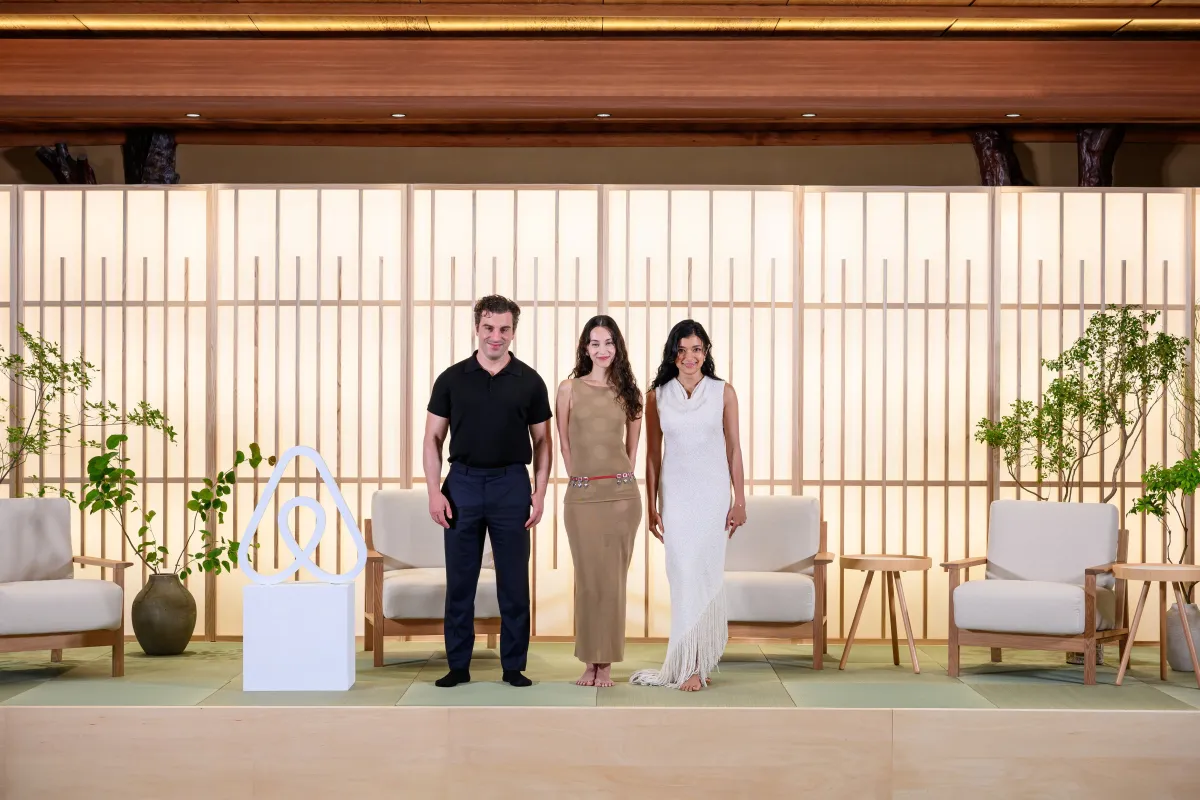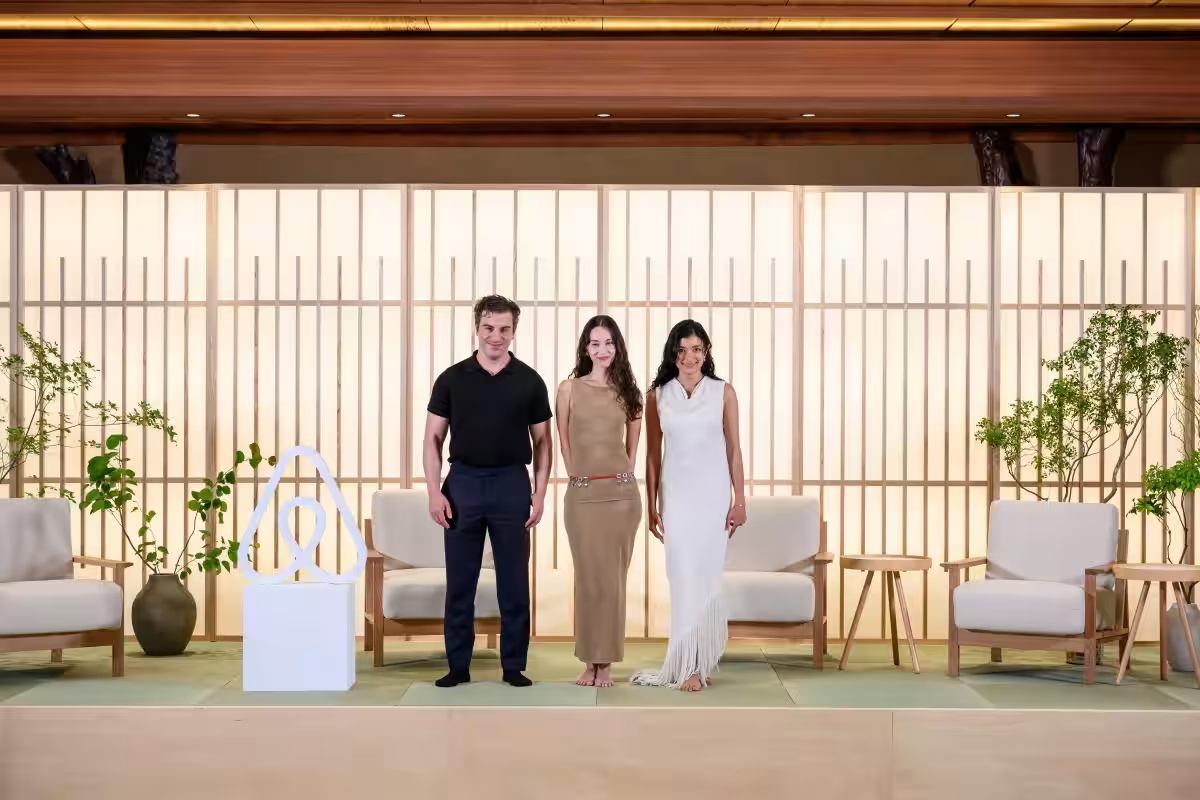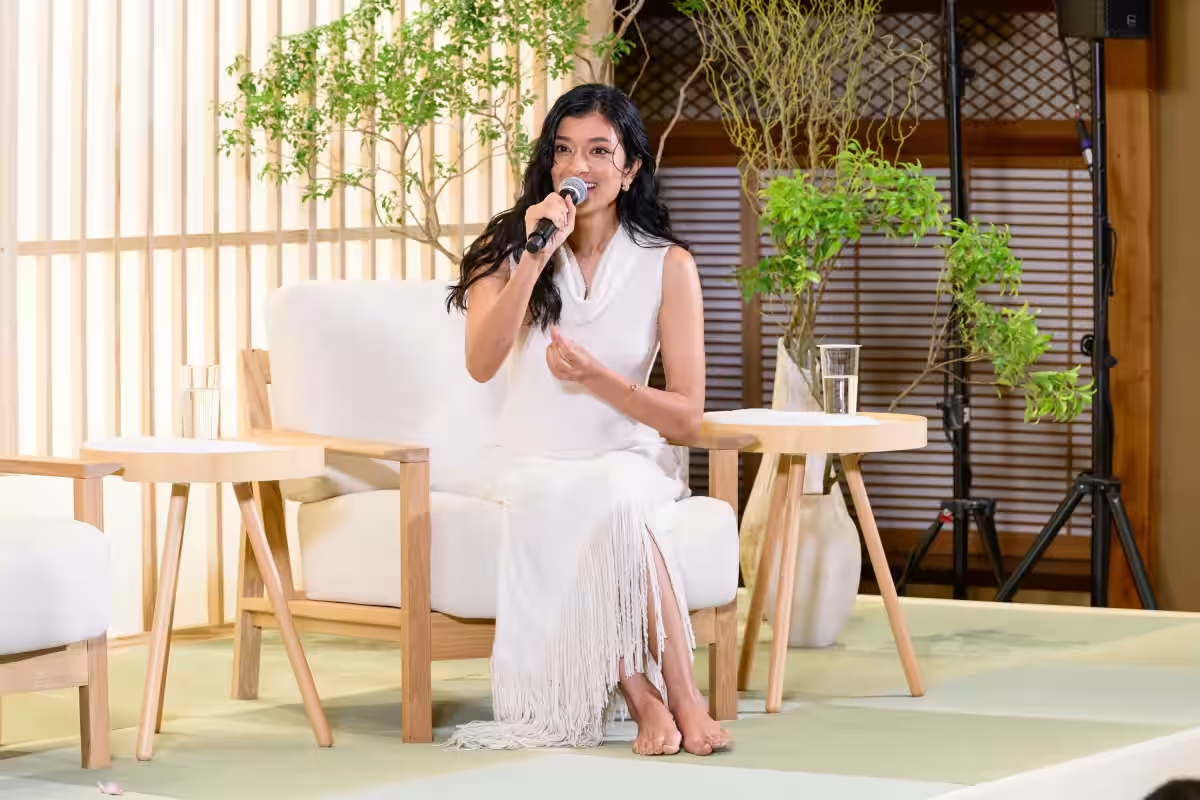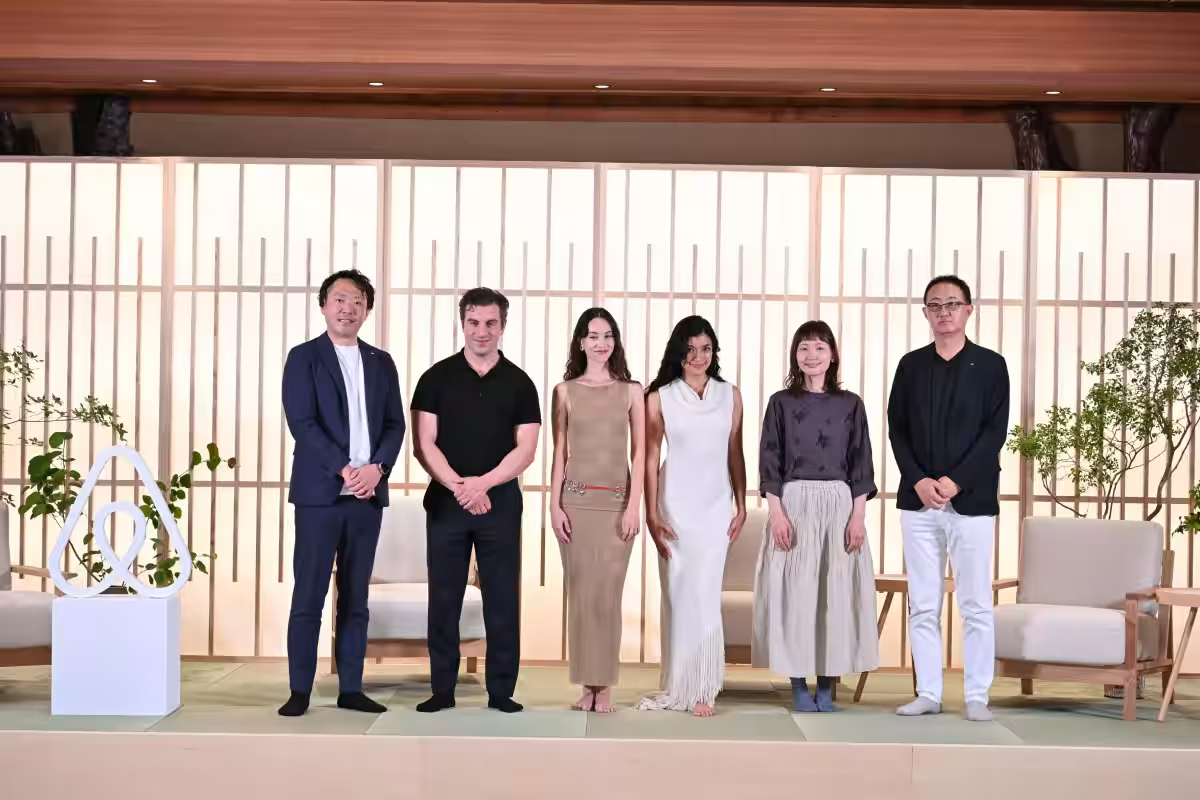

Exploring the Akiya Design Project: A Cultural Renaissance with Airbnb
Akiya Design Project: Breathing Life into Traditional Japanese Homes
On June 3rd, Airbnb Japan held a press conference in Tokyo to announce the much-anticipated Akiya Design Project. The event featured Airbnb's co-founder and CEO, Brian Chesky, along with Kiko Mizuhara and Laura, who are overseeing the creative aspects of the project. The initiative aims to revitalize vacant traditional Japanese houses, or 'akiya,' by infusing them with innovative design and cultural significance.
During the press conference, Brian Chesky emphasized the importance of collaborating with exceptional designers and visionaries to create memorable experiences through the power of design and culture. He expressed his belief that by bringing these talented individuals together, the project can breathe new life into neglected spaces, ultimately providing travelers with unique stays.
Kiko Mizuhara, a prominent figure in the fashion and creative industries, shared her excitement about the project, stating, "I wanted to create a space filled with essence and handmade items that people can love and appreciate. It’s important to me to be responsible for the homes we create." Laura echoed these sentiments, highlighting the significance of preserving cultural heritage: "By reevaluating traditional Japanese architecture, we can recognize its beauty and work together to protect it, which ultimately fosters respect for our culture."
The Vision Behind Akiya Design Project
Brian elaborated on the dual objectives of the Akiya Design Project. The first is to maximize the use of the approximately 9 million vacant houses in Japan. He shared his vision of connecting those willing to offer rooms with travelers worldwide who are seeking unique accommodations. The second goal revolves around the transformative potential of design and culture, which can foster unforgettable experiences for guests.
As Marilyn waved, she also touched on the current business landscape in Japan and the opportunities that lie ahead. "Japan is a growing market with tremendous potential for our business. We are committed to collaborating with local communities and municipalities to provide the highest level of hospitality that reflects Japan’s unique essence," he declared.
Additionally, Brian spoke about the Airbnb services and experiences launched last month, emphasizing that the ultimate goal of travel is to create lasting memories. He asserted that engaging in various experiences is crucial to crafting those memories. By integrating options like massages and private chefs into accommodation experiences, he aims to offer something truly special. "We want to connect travelers with intriguing locals who can provide those experiences," he said.
Creative Supervision by Kiko Mizuhara and Laura
Kiko and Laura play pivotal roles in the creative oversight of the project. When asked about their first impressions of the traditional houses they would be working with, Kiko mentioned, "I was captivated by the 150-year-old property that I visited, which clearly holds a rich history from its samurai past. I want to fill this house with lovely handmade elements which everyone can cherish."
Laura reflected on her journey abroad, saying, "It was through my travels that I recognized the allure of Japanese houses. I am thrilled at the prospect of amplifying that beauty and sharing it with others."
Further discussing their collaborative journey, Kiko spoke of her profound connection to the heritage of these homes, emphasizing the vital role of preserving cultural history. As the conversation drew to a close, Brian spoke of the project’s unique significance amidst a rapidly changing world, stating, "We aim to invigorate communities and transform Japan into a must-visit destination for travelers worldwide. I am excited to work alongside Kiko, Laura, and others to make this vision a reality."
Conclusion
The Akiya Design Project not only seeks to address the issue of vacant houses in Japan but also aspires to create a cultural renaissance by melding tradition with modern-day design. Scheduled to launch in the autumn of 2025, the project promises to offer exquisite stays in beautifully reimagined traditional homes, showcasing the rich cultural landscape of Japan.
This initiative is poised to change the way we perceive and experience travel in Japan, transforming heritage into unforgettable experiences for both locals and visitors alike.






Topics Consumer Products & Retail)










【About Using Articles】
You can freely use the title and article content by linking to the page where the article is posted.
※ Images cannot be used.
【About Links】
Links are free to use.